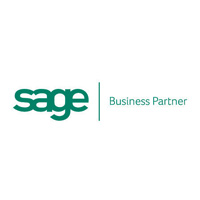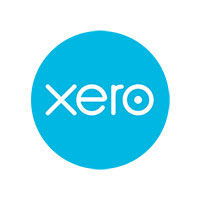
The P11D dispensation will be no more as from 6 April 2016. It is replaced by a new automatic statutory exemption for paid and reimbursed business expenses. This applies to all employers. If you have a dispensation in place you need to consider how the change will affect you.
Position to 5 April 2016
Current dispensations will continue to apply to expenses up to 5 April 2016. If you have a dispensation you should continue to monitor your systems and processes to ensure that you remain compliant. HMRC can revoke dispensations already in place and will retain the right to revoke these post 5 April 2016.
Position from 6 April 2016
All dispensations cease to have effect.
The new statutory exemption for business expenses will cover business expenses which are reimbursed to an employee or paid on his behalf. This covers the actual expense. You must have a system in place for checking that payments to employees are only made where the employee would be entitled to a deduction.
Where the employee would only be entitled to a partial deduction, for example, where a telephone bill is reimbursed in full and only the business call cost is eligible, then the entire payment should be subjected to tax and NIC. The employee will need to claim for the business element in his return.
Mileage payments up to the Approved Mileage rates will continue to be exempt.
There are new statutory benchmark subsistence rates, which can be used instead of reimbursing the actual cost:
- Minimum journey time of 5 hours – £ 5 maximum meal allowance
- Minimum journey time of 10 hours – £10 maximum meal allowance
- Minimum journey time of 15 hours – £25 maximum meal allowance
Where a meal allowance of £5 or £10 is paid and the qualifying journey in respect of which it is paid lasts beyond 8pm a supplementary rate of £10 can be paid.
A meal is defined as a combination of food and drink. Where employees are required to start early or finish late on a regular basis, the over 5 hour and 10 hour rate, whichever is applicable, can be paid provided that all the other qualifying conditions are satisfied.
These new rates can be used by all employers subject to the following conditions:
- the travel must be in the performance of an employee’s duties or to a temporary place of work, on a journey that is not substantially ordinary commuting
- the employee should be absent from his normal place of work or home for a continuous period in excess of five hours or ten hours
- the employee should have incurred a cost on a meal (food and drink) after starting the journey
These rates are the maximum tax and NIC free amounts that can be paid by employers who choose to use them. Employers can pay less than the published rates. If an employer pays less than the published rates, employees cannot claim tax relief on the difference, but they can claim a deduction from HMRC for the difference between what they actually spent on the expense and the amount reimbursed by their employer.
If a higher payment is made, the excess over the published rate should be subject to tax and NIC, unless the employer holds an Approval Notice.
Approval Notices
Employers who use rates higher than the statutory rates must apply for an Approval Notice. This is irrespective of whether such rates have previously been agreed with HMRC. Such notices must be in place by 6 April 2016 if you wish to continue to pay these rates tax free.
Approval Notices for bespoke rates can apply for a period of up to 5 years from the date on which they are approved and cannot apply retrospectively. A sampling exercise is required to be conducted to prove the necessity for bespoke rates. As a transitional measure, where bespoke rates have previously been agreed in dispensations, no new sampling exercise is required but employers must still apply for an Approval Notice prior to 6 April 2016.
Travel schemes involving salary sacrifice
The new arrangements do not apply where there is a salary sacrifice arrangement in place under which expenses vary in some way with earnings. In such cases any expenses paid or reimbursed will be taxable.
For more information please call 01689 877081




